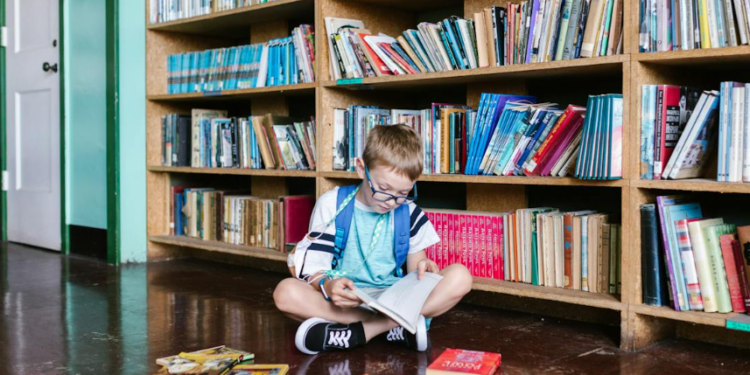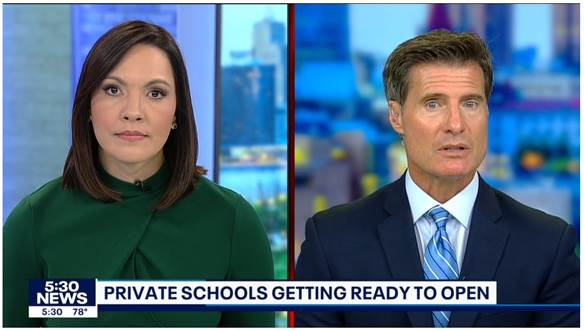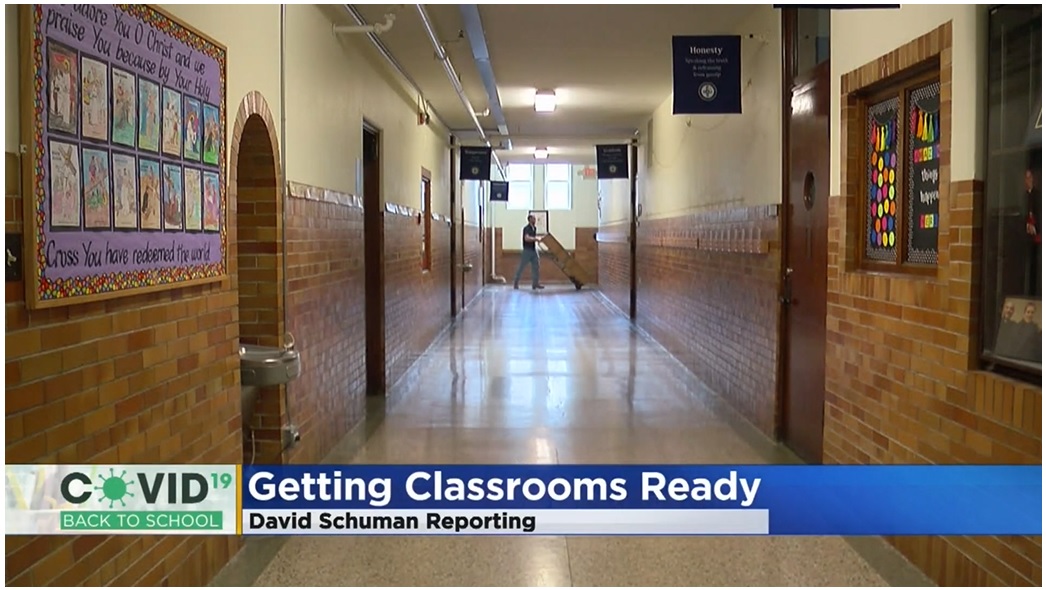By now you’ve likely seen the clip of MSNBC’s Joy Reid interviewing Tiffany Justice, the co-founder of the “Moms for Liberty” advocacy group. The interview (yes, debate or shouting match might be a better description) focused on books appropriate for public schools to have in their libraries.
Tiffany Justice argued that children should not have access to books which contain “incest, rape, and pedophilia.” Reid, on the other hand, wanted to know what right Justice had to tell parents who might want their children exposed to such sexually explicit content that they couldn’t have these books in public school libraries.
I’ll let you watch the video and judge for yourself if you agree more with Reid or Justice. Regardless of which point of view you side with, there are several important factors we need to consider, especially regarding the matter of school choice.
First, this video demonstrates that there truly are books in public school libraries that present sexually explicit material. Both Reid and Justice seem to agree that the books they’re discussing are currently or were recently on shelves in public school libraries.
Second, this video demonstrates that there’s a very real, very contentious debate over whether these books should be present in public school libraries. Some parents hold to values which lead them to say, “Absolutely not,” while others hold to different values leading them to say, “Sure, why not?”
Sadly, such debates have become a very big part of the nation’s political landscape, and many communities are being torn apart by the friction.
But here’s the good news: there’s an easy way to stop these debates over which books should go in public school libraries. The answer? School choice.
Instead of directing public taxpayer money only into a local public school, school choice options, such as Education Savings Accounts (ESAs), enable that money to follow each student to the school of his or her choice. In so doing, ESAs open the ability for families to choose schools that align with their own personal values, rather than being automatically forced to go to a school that doesn’t align with them.
Thus, if a parent like Justice didn’t like the sexually explicit books that were placed in a public school library, then she could take her child’s ESA and move him to a school that did not place such books in its library. Conversely, the parents that Reid talks about—the ones who want their children to access books about “incest, rape, and pedophilia”—can take their ESA money and use it to send their children to schools that allow such books in their libraries. In so doing, we remove one of the biggest disagreements that Americans seem to be having with each other these days. It’s that simple.
Americans are sick of the conflict that rocks our political stage and has seeped into our schools. Why not just get rid of this disagreement entirely by implementing ESAs in each state? Then every family can choose what type of education, instruction, and even library books they want for their children.
—
Image Credit: Pexels











![[downloaded during free trial]](https://oakmn.org/wp-content/uploads/2025/11/iStock-1430368205-120x86.jpg)

